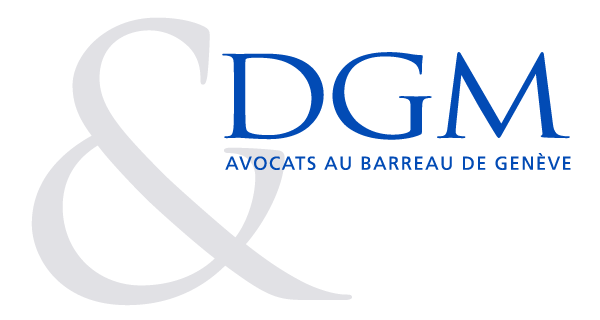Civil liability
The law of civil liability governs the conditions under which a person may be required to compensate for damage caused to others. It can apply to a wide variety of everyday or commercial situations and has its sources in various laws.
The term "contractual liability" is used when the damage is part of a contractual relationship between the perpetrator of the damage and the victim, and "tortious liability" (or "extra-contractual liability") when there is no contractual relationship between the perpetrator of the damage and the injured party. A distinction is also made between "fault" or "aquilian" liability in the case of an unlawful act, and "objective" or "causal" liability (e.g. the liability of the owner of a building, the keeper of an animal, product liability or road traffic liability).
The State may also be held liable, particularly if an official of a public authority causes damage, to enable the injured party to obtain a compensation.
The law of civil liability governs the conditions under which a person may be required to compensate for damage caused to others. It can apply to a wide variety of everyday or commercial situations and has its sources in various laws.
The term "contractual liability" is used when the damage is part of a contractual relationship between the perpetrator of the damage and the victim, and "tortious liability" (or "extra-contractual liability") when there is no contractual relationship between the perpetrator of the damage and the injured party. A distinction is also made between "fault" or "aquilian" liability in the case of an unlawful act, and "objective" or "causal" liability (e.g. the liability of the owner of a building, the keeper of an animal, product liability or road traffic liability).
The State may also be held liable, particularly if an official of a public authority causes damage, to enable the injured party to obtain a compensation.
